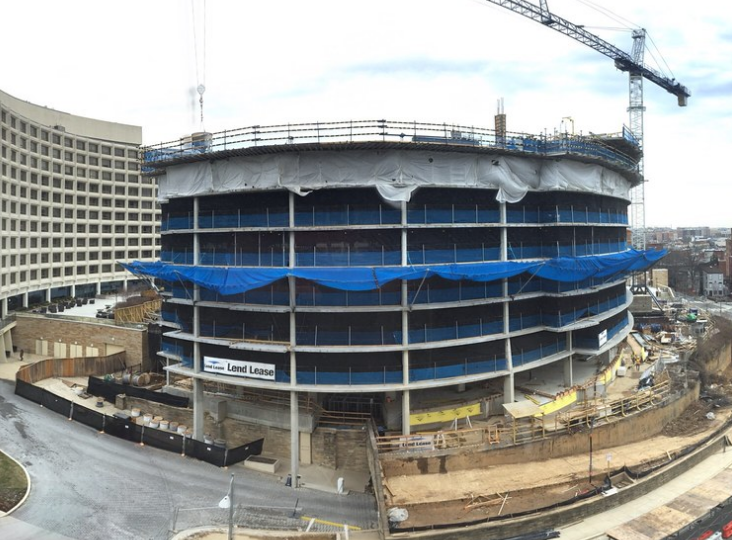New York stands to lose a staggering $230 million each year if it bans sweepstakes games, according to a fresh warning from a key gaming group. This claim shakes up the debate on online gaming rules, as lawmakers push for a crackdown. What could this mean for jobs, taxes, and players? Dive in for the full picture.
The Social Gaming Leadership Alliance, a group pushing for fair play in social games, dropped a bombshell this week. They say a full ban on sweepstakes could drain New York’s economy by $230 million annually. This figure comes from new economic models that look at lost taxes and business hits.
Banning these games might seem like a quick fix, but it could backfire big time on state funds. The alliance points out that sweepstakes bring in real cash through related activities, like ads and player spending. Without them, that money vanishes.
Their report, based on data crunched in 2025, shows how these games support small businesses and tech jobs. Think about corner stores or app developers who rely on this sector. A ban could force layoffs and slow growth in an already tough economy.
One key stat stands out. The group surveyed folks nationwide and found 84% want regulation, not a total shutdown. This pushes back against hardline bans, suggesting a middle ground.
Breaking Down the Economic Fallout
If the ban goes through, New York could see ripple effects across industries. Taxes from gaming-related sales and services make up a chunk of that $230 million loss. That’s money that funds schools, roads, and public services.
Experts in the report warn of job cuts too. Sweepstakes platforms employ thousands, from coders to customer support staff. Lose those, and unemployment lines grow longer.
Here’s a quick look at potential impacts:
- Tax Revenue Drop: Up to $230 million gone yearly, hitting state budgets hard.
- Job Losses: Estimates suggest hundreds of positions at risk in tech and retail.
- Business Shifts: Companies might move to friendlier states, taking their economic boost with them.
Regulating instead could flip the script. The alliance claims it might add $80 million more in revenue through fees and oversight. That’s a win for everyone, keeping games safe while filling state coffers.
This isn’t just numbers on a page. Families depending on these jobs could face real hardship. In a state still bouncing back from economic dips, every dollar counts.

How the Ban Gained Steam in Albany
Lawmakers in New York didn’t wake up one day and decide to ban sweepstakes. It started in March 2025 when Senator Joseph Addabbo introduced Bill S5935. The goal? Clamp down on what some call unregulated gambling disguised as free games.
By June, both the Senate and Assembly passed it with strong support. They argued these dual-currency games skirt gambling laws, luring players with prizes but risking addiction.
The bill moved fast through committees, getting unanimous nods in some spots. Supporters say it’s about protecting consumers from shady operators. Critics, like the gaming alliance, call it overreach that ignores economic realities.
Flash back to earlier pushes. Similar bills popped up in places like California, where Governor Gavin Newsom signed a ban despite warnings of a $1 billion hit. New York’s move mirrors that, but with its own massive economy on the line.
One lawmaker noted during debates that illegal gaming already costs states billions. Yet, banning legal alternatives might drive more underground activity, not less.
Weighing Alternatives to a Total Ban
So, what’s the fix if a ban hurts too much? The gaming coalition pushes for smart rules over outright prohibition. They suggest licensing systems that ensure fair play and generate taxes.
Regulation could turn a potential loss into a gain, adding $80 million in new revenue. This approach has worked in other states with online gaming. It keeps the fun while cutting risks.
Players benefit too. Clear rules mean safer games, with limits on spending and age checks. That addresses concerns about addiction without killing the industry.
Looking ahead, the alliance wants talks with officials. Their survey shows public support for this path. Will New York listen, or stick to the ban?
In the end, this debate boils down to balance. Protect people, yes, but don’t gut the economy in the process.
New York’s potential $230 million annual loss from a sweepstakes ban highlights the tough choices in gaming policy, where protecting players clashes with economic needs. As debates rage on, it’s clear that smart regulation might offer a better way forward, saving jobs and boosting funds.








